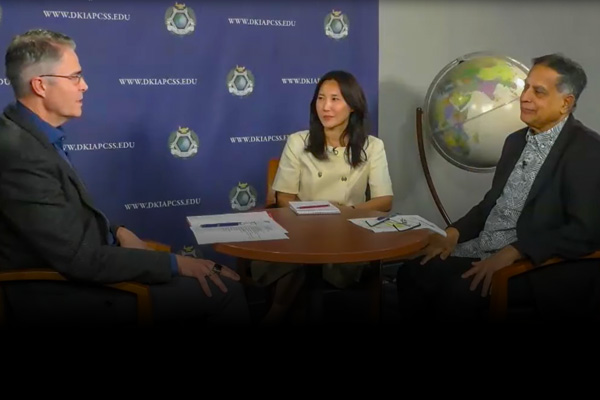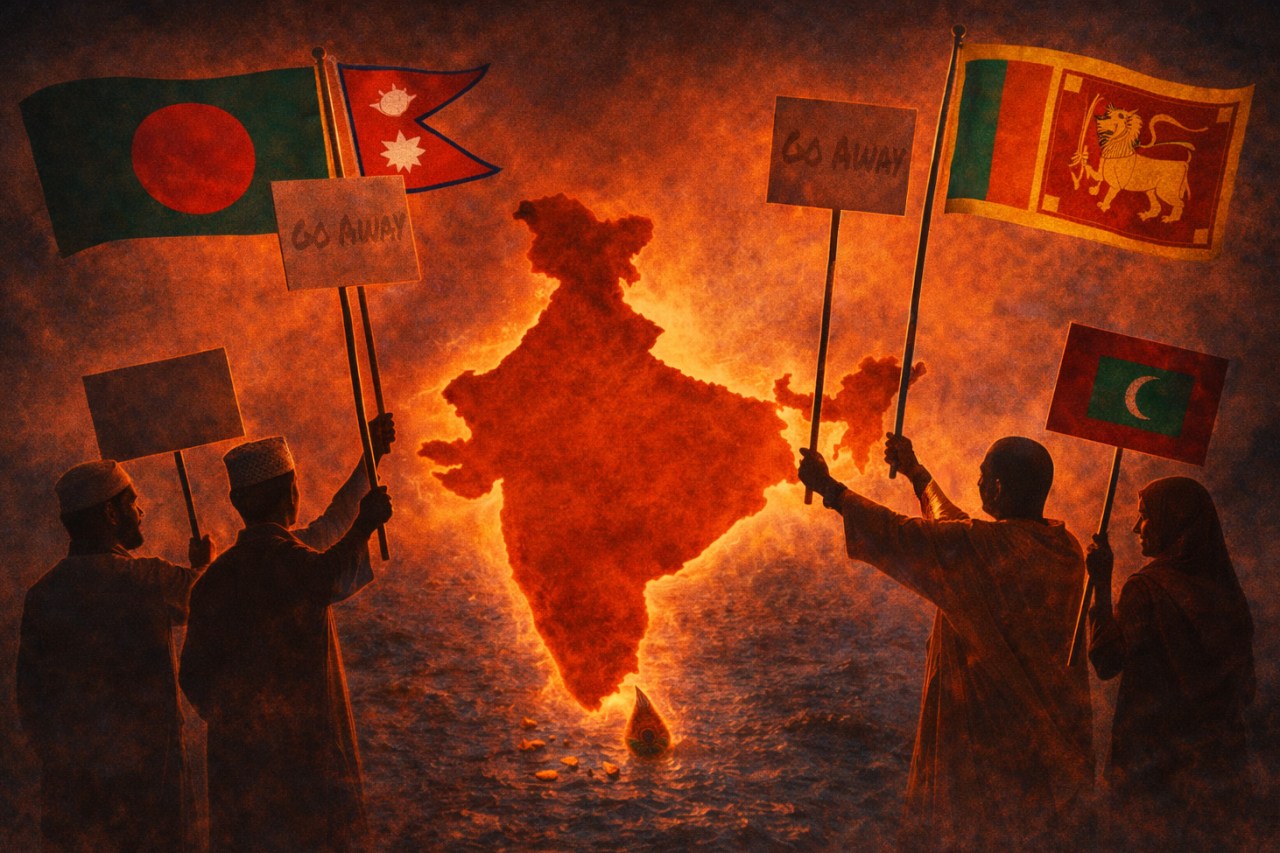By Dr. James M. Minnich
HONOLULU – (July 11, 2025) Taiwan today stands at a pivotal juncture where the strength of its democracy meets growing demands for deterrence. In Dialogue Episode 46, I spoke with Howard Shen, a political analyst and former foreign policy fellow at Taiwan’s Legislative Yuan, to examine how the island is navigating domestic gridlock, strategic polarization, and growing cross-Strait threats in an increasingly contested Indo-Pacific.
Divided Government, Divided Priorities
President Lai Ching-te took office in May 2024 with a strong mandate but without legislative control, ushering in Taiwan’s third period of divided government since democratization. “Taiwan’s now… experiencing the third period of divided government,” Shen explains. Lai won only 40% of the vote in a three-way race, and his Democratic Progressive Party (DPP) secured just 51 of 113 legislative seats.
That left what Shen calls an “opposition majority,” with the Kuomintang (KMT) and the Taiwan People’s Party (TPP) forming a legislative bloc. With key committee chairs and leadership positions in opposition hands, Shen observes, “We don’t have in Taiwan… a good executive-legislative relationship.” The result: early legislative gridlock and a constrained policy agenda.
Recall as Resistance or Retrenchment?
Among the most contentious developments is the “Grand Recall” campaign to unseat dozens of opposition lawmakers. “It’s the DPP-aligned civil society organizations that are behind this,” Shen says, including former party staff and candidates.
He frames the movement as a symptom of polarization: “partisan mobilization in an effectively polarized society,” which he finds “very unfortunate,” given external threats. The recall primarily targets KMT lawmakers, which Shen sees as one-sided and structurally unfair. “Recall elections are already an unfair competition.” He adds, “It’s easier to recall opposition legislators than to work with them,” warning the campaign risks deepening divisions and weakening trust.
Defense Spending: Between Expectations and Constraints
Taiwan’s defense budget—currently 2.38% of GDP—has drawn scrutiny, with U.S. officials urging increases to 3.4% or even 10%. Shen says, “President Lai has done a good job in making sure that increasing Taiwan’s national defense… is a priority,” and notes that the 3% target is “welcomed” by many.
Taiwan continues its “longstanding” use of special defense budgets and aligns closely with U.S. partners. Shen stresses that defense planning is “a mutual process.” While supporting asymmetric defense, he cautions against abandoning conventional capabilities. “I’m personally a bit concerned about the extreme call for… a so-called porcupine strategy,” he says, warning it could hinder Taiwan’s ability to counter incursions or conduct counter-blockade operations. The challenge, he concludes, is to budget “in a way that does not sacrifice either.”
Gray Zone Tactics
In 2024, the PLA launched over 5,100 sorties into Taiwan’s ADIZ—a pattern Shen calls “routine coercion.” These actions aim to wear down Taiwanese defenses without triggering war. He warns that Beijing may interpret almost any Taiwanese response as escalatory: “Whatever Lai Ching-te does, it’s prone to be escalatory in the eyes of the Chinese Communist Party.”
Despite this, Shen credits the administration for strengthening readiness through the Han Kuang military exercise. This year’s drill—the 41st and longest ever—included four days dedicated to gray zone threats and the “biggest ever enlistment of reservists.”
Espionage Threats
Espionage presents another mounting challenge. Taiwanese intelligence estimates more than 5,000 Chinese operatives are active in Taiwan. Cases such as the 2023 conviction of a colonel and surveillance of Vice President-elect Hsiao have elevated public concern.
Shen offers a sobering distinction: “National security doesn’t equate to mainland policy. You can have a hardline mainland policy…but you’re still very careless in your national security. And I think that’s what’s happening right now.” His comments underscore the need for institutional vigilance beyond political posturing.
The Path Forward: Strength through Resilience
Despite the pressures, Shen sees Taiwan’s resilience as its core strength. “It is the moment for us to come together as a country to face a common threat,” he says. Strengthening “civilian resilience” and “democratic resilience,” he added, will be vital as Taiwan navigates deterrence, diplomacy, and internal polarization.
Further Reading
For a deeper look at Taiwan’s evolving defense strategy, Shen recommends Taiwan’s Overall Defense Concept: Theory and Practice by Admiral (Ret.) Lee Hsi-min—a foundational text on asymmetric defense and strategic adaptation in cross-Strait dynamics.









Leave A Comment